Kitchen sink drain odor is a common issue that can be both unpleasant and frustrating. The source of the smell is often the accumulation of food particles, grease, and other debris in the drain or garbage disposal. Over time, this buildup can start to decompose, leading to a foul odor that can permeate the kitchen. Understanding the causes of kitchen sink drain odor and how to effectively eliminate it is essential for maintaining a clean and hygienic kitchen environment. Addressing the issue promptly can prevent the smell from becoming more severe and spreading throughout your home.
One of the primary causes of kitchen sink drain odor is the accumulation of food particles in the drain or garbage disposal. When food scraps are washed down the drain, they can get stuck in the pipes or disposal unit, where they begin to decompose. This decomposition process produces gases that can escape through the drain, causing an unpleasant smell. Certain foods, such as onions, garlic, and fish, are particularly prone to producing strong odors when they break down. Additionally, starchy foods like pasta and rice can become sticky and cling to the sides of the pipes, contributing to the buildup.
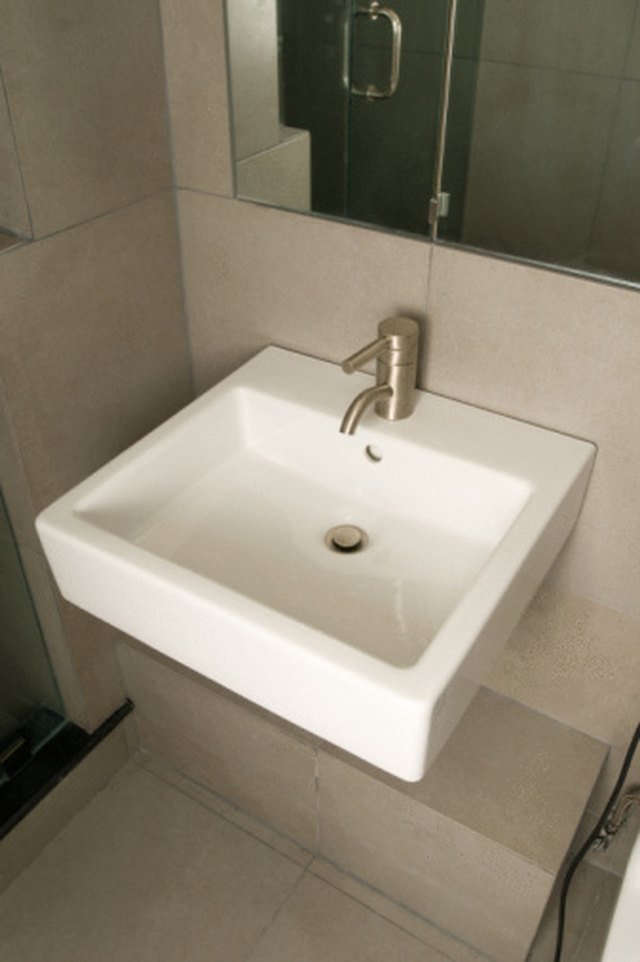
Another common cause of kitchen sink drain odor is grease buildup. When grease or oil is poured down the drain, it can solidify as it cools, sticking to the inside of the pipes. Over time, this layer of grease can trap food particles and other debris, creating a breeding ground for bacteria. The bacteria feed on the organic matter, producing foul-smelling gases as a byproduct. This is why it’s important to avoid pouring grease down the drain and to dispose of it properly in the trash or by using a designated grease disposal method.
In some cases, the odor may be coming from the garbage disposal itself. If the disposal is not cleaned regularly, food particles can become trapped in the blades or other components, leading to a persistent smell. Running the disposal with just water may not be enough to dislodge these particles, especially if they’ve been there for a while. Cleaning the disposal with a combination of ice cubes, salt, and lemon or lime peels can help to remove stuck-on debris and neutralize odors. Additionally, running cold water before and after using the disposal can help to flush out any remaining particles.

Another possible cause of kitchen sink drain odor is a dry P-trap. The P-trap is a curved section of pipe located beneath the sink that holds a small amount of water. This water acts as a barrier, preventing sewer gases from escaping through the drain and entering your home. If the P-trap dries out, either due to infrequent use or evaporation, it can no longer block these gases, resulting in a foul smell. To fix this issue, simply run water down the drain to refill the P-trap and restore the seal.
In addition to these common causes, mold and mildew can also contribute to kitchen sink drain odor. The dark, damp environment of the drain is an ideal breeding ground for these fungi, which can produce a musty or sour smell. Mold and mildew can develop in the drain if there is a slow leak or if water is left standing in the sink for long periods. Regularly cleaning the sink and drain with a solution of bleach and water can help to kill mold and mildew spores and prevent them from taking hold.

Clogs in the drain can also lead to unpleasant odors. When the drain is partially or completely blocked, water and food particles can become trapped, leading to stagnation and decomposition. This not only causes a bad smell but can also lead to more serious plumbing issues if not addressed promptly. Using a plunger, drain snake, or chemical drain cleaner can help to clear the clog and restore proper drainage. However, it’s important to use chemical drain cleaners sparingly, as they can be harsh on pipes and may not be effective on all types of clogs.
Another factor that can contribute to kitchen sink drain odor is the presence of biofilm. Biofilm is a slimy layer of bacteria that can form on the inside of pipes, particularly in areas where water flow is slow or where there is a buildup of organic matter. As the bacteria multiply, they produce a sticky substance that can trap more debris, creating a cycle of odor and buildup. Regularly flushing the drain with hot water and a mixture of baking soda and vinegar can help to break down biofilm and keep the pipes clean.
Improper venting of the plumbing system can also cause odors to escape from the kitchen sink drain. The vent pipes in your home’s plumbing system are designed to allow sewer gases to escape outside, rather than into your home. If these vents become blocked or are not properly installed, the gases can be forced back through the drains, leading to an unpleasant smell. This issue is typically more complex to fix and may require the assistance of a professional plumber to identify and resolve the problem.

Sometimes, the odor may not be coming from the drain itself but from the overflow drain in the sink. The overflow drain is a secondary drain designed to prevent the sink from overflowing if the main drain becomes blocked. However, food particles and grease can also become trapped in the overflow drain, leading to odors. Cleaning the overflow drain with a small brush and a solution of bleach and water can help to remove any trapped debris and eliminate the smell.
Preventing kitchen sink drain odor requires regular maintenance and good habits. One of the best ways to prevent odors is to avoid putting food scraps, grease, and other debris down the drain in the first place. Instead, scrape plates into the trash or compost bin before rinsing them in the sink. Installing a sink strainer can also help to catch food particles before they go down the drain, making it easier to dispose of them properly.
In addition to being mindful of what goes down the drain, it’s important to clean the sink and disposal regularly. Flushing the drain with hot water after each use can help to wash away any lingering food particles or grease. Once a week, you can clean the drain by pouring a cup of baking soda down the drain, followed by a cup of vinegar. Let the mixture sit for about 15 minutes before flushing with hot water. This natural cleaning method can help to break down grease and food buildup while neutralizing odors.
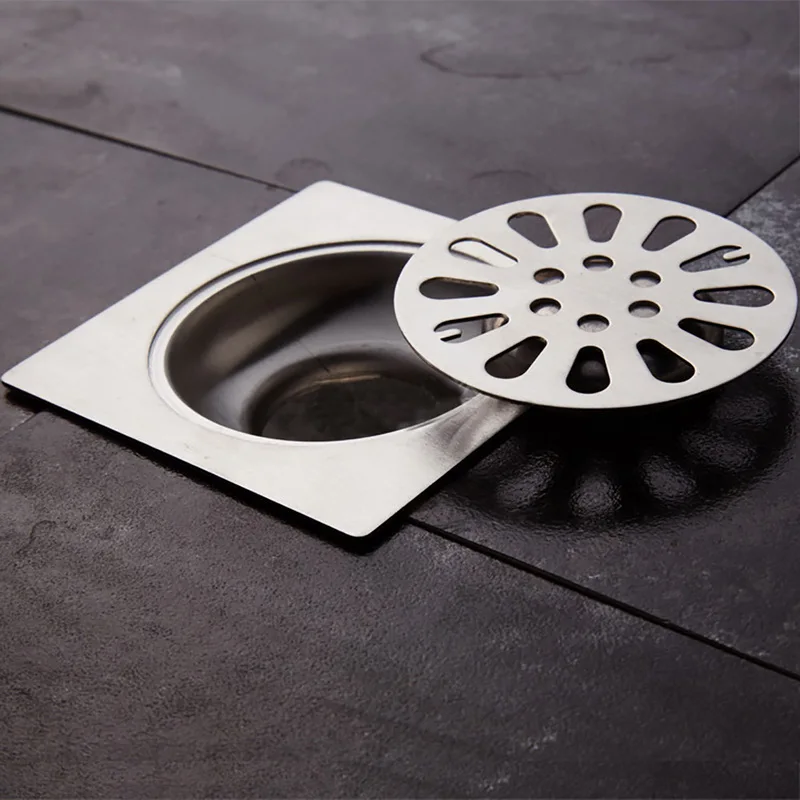
Another effective way to keep your kitchen sink drain smelling fresh is to use lemon or lime peels. The natural oils in citrus fruits are not only effective at cutting through grease but also leave behind a pleasant, fresh scent. Simply run the peels through the garbage disposal or grind them up and flush them down the drain with cold water. This method can be used as often as needed to maintain a clean, odor-free drain.
If you’re dealing with persistent kitchen sink drain odors that don’t respond to regular cleaning, it may be time to call in a professional plumber. There could be an underlying issue with the plumbing, such as a blocked vent pipe or a damaged drain line, that requires expert attention. A plumber can diagnose the problem and recommend the appropriate course of action to eliminate the odor and prevent it from returning.
Finally, for long-term odor prevention, consider scheduling regular professional drain cleaning. Plumbers have specialized tools and techniques that can remove even the most stubborn buildup, ensuring that your drains stay clean and odor-free. Regular drain cleaning can also help to prevent clogs and other plumbing issues, saving you time and money in the long run.
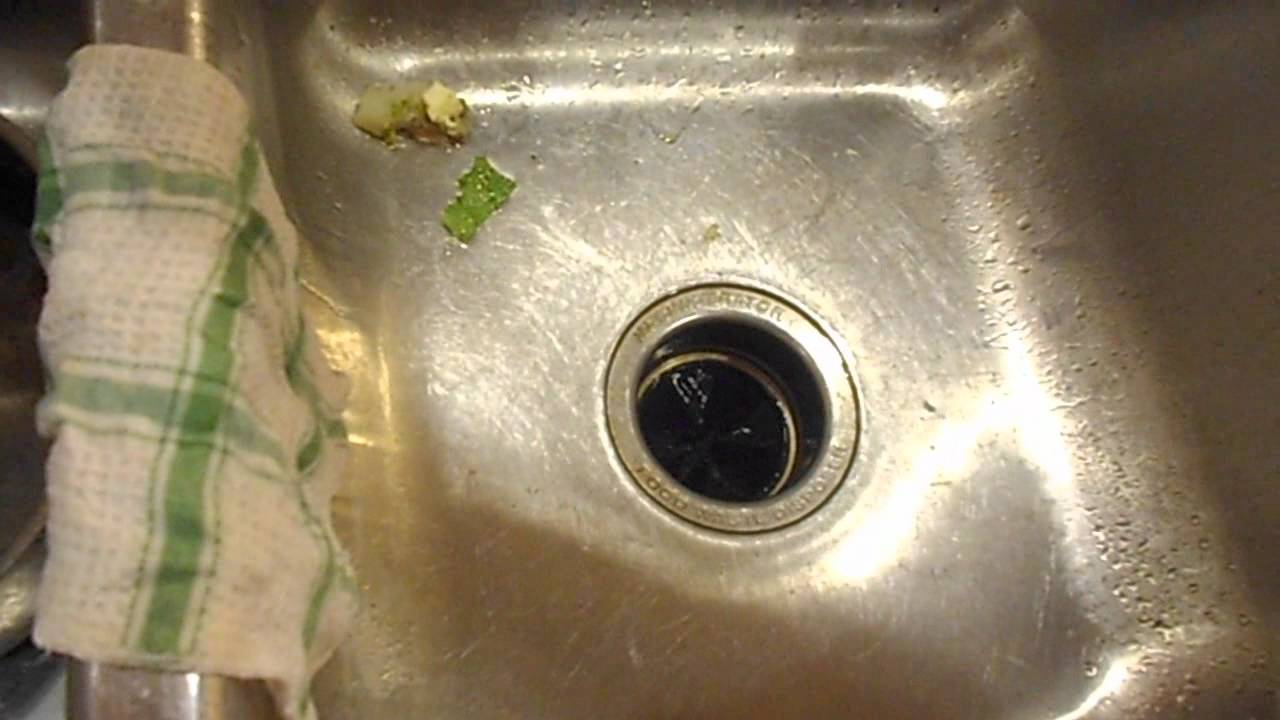
What causes kitchen sink drain odor?
Kitchen sink drain odor is typically caused by the buildup of food particles, grease, and other debris in the drain or garbage disposal. As these materials decompose, they produce foul-smelling gases that can escape through the drain. Other possible causes include a dry P-trap, mold and mildew growth, clogs, and biofilm buildup. Improper venting of the plumbing system can also allow sewer gases to escape through the drain, contributing to the odor.
How can I prevent kitchen sink drain odor?
Preventing kitchen sink drain odor involves regular maintenance and good habits. Avoid putting food scraps, grease, and other debris down the drain. Clean the sink and disposal regularly by flushing with hot water, and use natural cleaners like baking soda and vinegar to break down buildup. Installing a sink strainer can help catch food particles before they go down the drain. Using lemon or lime peels can also help to cut through grease and leave a fresh scent.
What should I do if my kitchen sink drain smells even after cleaning?
If your kitchen sink drain still smells after cleaning, there may be an underlying issue that needs to be addressed. This could include a blocked vent pipe, a dry P-trap, or a persistent clog. In such cases, it’s best to call a professional plumber to diagnose and resolve the problem. The plumber can inspect the plumbing system, identify the cause of the odor, and recommend the appropriate course of action to eliminate the smell.
Is it safe to use chemical drain cleaners to remove kitchen sink odors?
While chemical drain cleaners can be effective at clearing clogs and removing odors, they should be used sparingly. Frequent use of chemical cleaners can damage pipes, especially if they are older or made of certain materials. Additionally, chemical cleaners may not effectively address the underlying cause of the odor, such as grease buildup or biofilm. Natural cleaning methods, such as using baking soda and vinegar or lemon peels, are often safer and more effective for maintaining a clean, odor-free drain.
How do I clean my garbage disposal to prevent odors?
To clean your garbage disposal and prevent odors, start by running cold water through the disposal while it is on to flush out any loose debris. Next, grind up ice cubes and a handful of coarse salt to help dislodge any food particles stuck to the blades. Finally, grind up lemon or lime peels to neutralize odors and leave a fresh scent. Regularly cleaning the disposal in this way can help prevent the buildup of food particles and grease that cause bad smells.
What is a P-trap, and how does it prevent drain odors?
A P-trap is a curved section of pipe located beneath the sink that holds a small amount of water. This water acts as a barrier, preventing sewer gases from escaping through the drain and entering your home. If the P-trap dries out, either due to infrequent use or evaporation, it can no longer block these gases, resulting in a foul smell. To fix this issue, simply run water down the drain to refill the P-trap and restore the seal. Regularly using the sink can help prevent the P-trap from drying out and keep odors at bay.
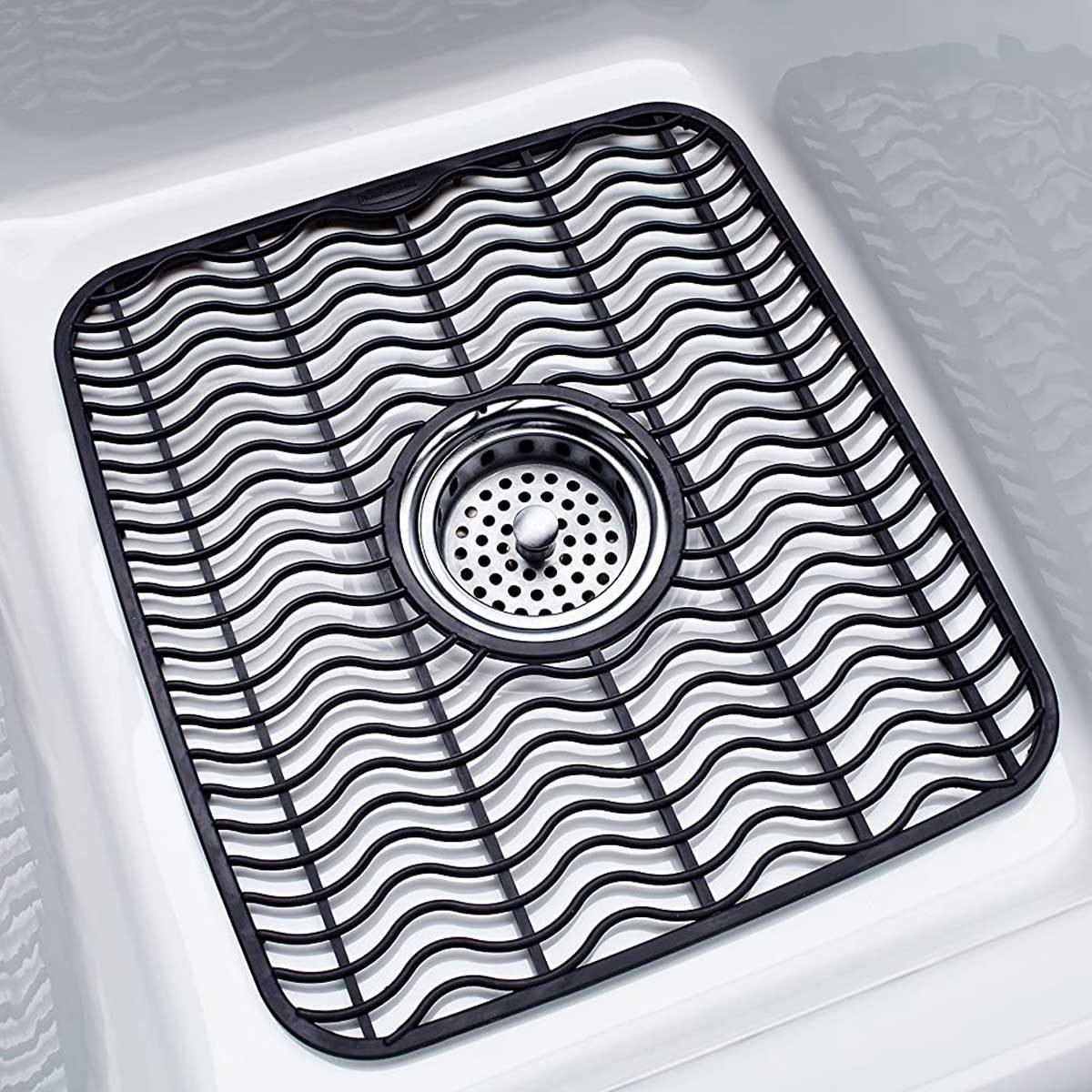
Sink Overflow Drain Cleaning Drain Clog Water Pipe Sink Cleaner Snake

Sink Drain Repair FixIt Repairs
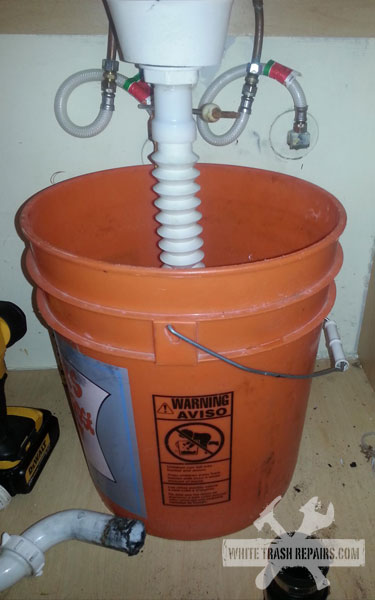
Related Posts:
- Undermount 3 Compartment Kitchen Sinks
- Commercial Grade Kitchen Sinks
- Square Kitchen Sink With Drainer
- Kitchen Sink Crusher Not Working
- Everything But A Kitchen Sink
- Happy Tree Friends And The Kitchen Sink
- Kitchen Sink White Wine
- Best Kitchen Sink Soap Dispenser
- Oakley Kitchen Sink Backpack Best Price
- Kitchen Sink Odor Remedy